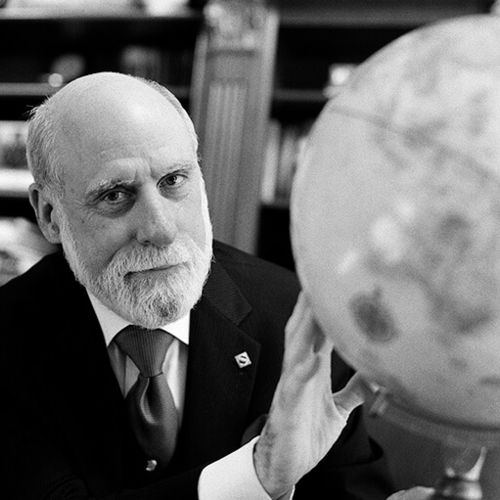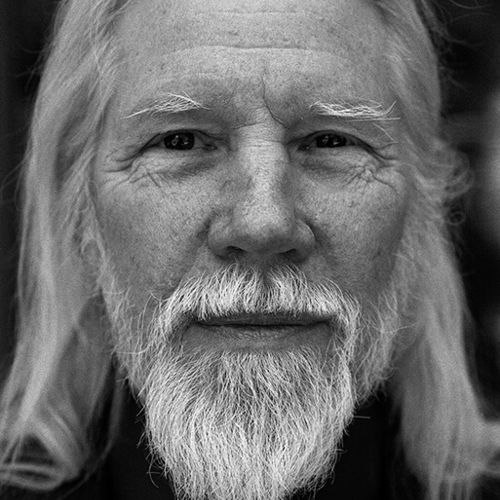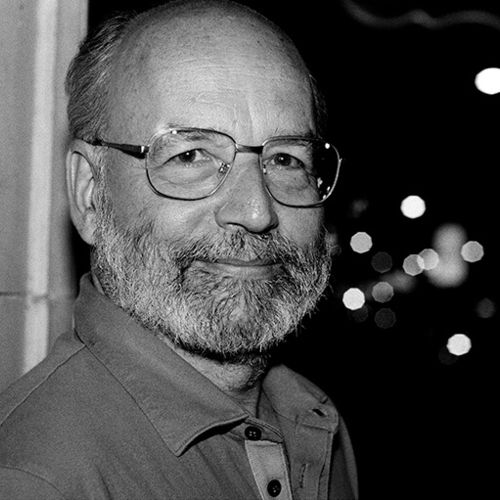Panel Discussion: Post-Quantum Cryptography
Vinton Gray Cerf, Whitfield Diffie, Adi Shamir, Tom Geller, Vadim Lyubashevsky, Gregor Seiler
The advent of fault-tolerant quantum computers will be one of the defining moments in the history of computation. One of the negative aspects, however, is that these devices will break all of today's deployed public key cryptography. In this panel, designers of current mainstream encryption and future quantum-safe encryption methods will try to shed some light on the situation, discuss what is being done, and why one should already now start using quantum-safe encryption.
Moderator: Tom Geller
Tom Geller Productions
Vinton Gray Cerf
ACM A.M. Turing Award - 2004
Together with Robert E. Kahn for pioneering work on internetworking, including the design and implementation of the Internet’s basic communications protocols, TCP/IP, and for inspired leadership in networking.
Whitfield Diffie
ACM A.M. Turing Award - 2015
Together with Martin Hellman for inventing and promulgating both asymmetric public-key cryptography, including its application to digital signatures, and a practical cryptographic key-exchange method.
Adi Shamir
ACM A.M. Turing Award - 2002
Together with Leonard M. Adleman and Ronald Rivest, for their ingenious contribution to making public-key cryptography useful in practice.
Vadim Lyubashevsky
Vadim Lyubashevsky is a principal research scientist in the cryptography group at IBM Research Europe in Zurich. Vadim’s area of research is the design of efficient quantum-safe cryptographic primitives based on the hardness of lattice problems. His work served as blueprints for both schemes which were recently chosen as primary standards in the NIST post-quantum standardization process.
Gregor Seiler
Gregor Seiler is a Research Scientist at IBM Research Europe in Zürich. He is working on the theory and practice of quantum-safe cryptography and lattice-based zero-knowledge proof systems. Gregor contributed to the design and implementation of three of the four schemes recently selected by NIST as the upcoming quantum-safe standards for public-key encryption and digital signatures.



